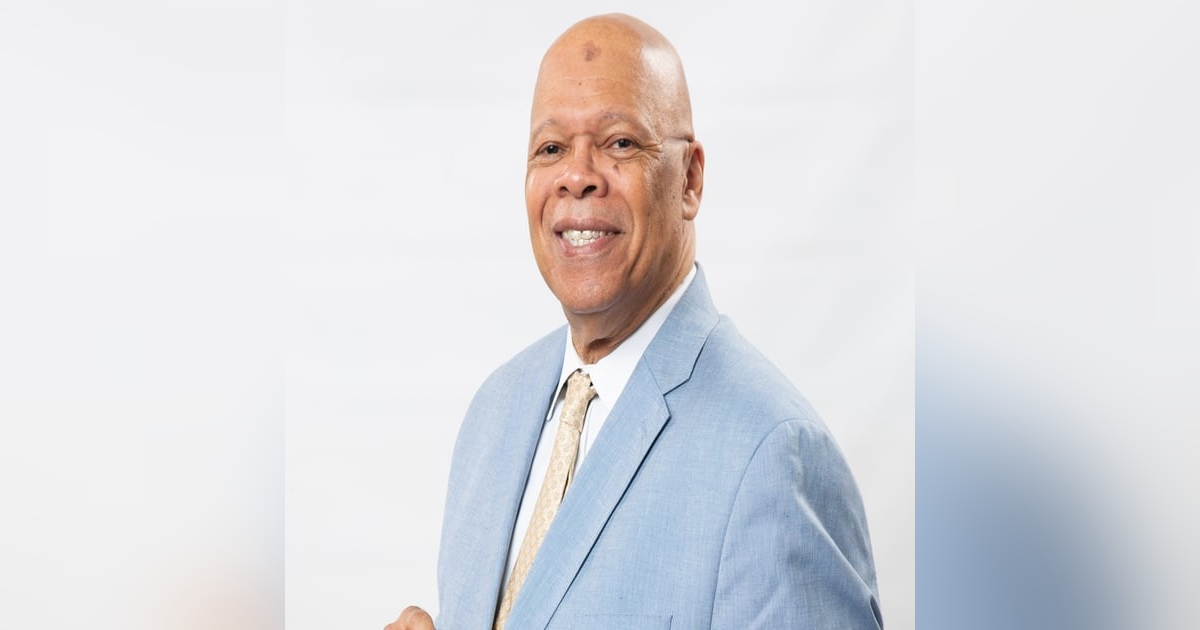Episode 284 - Baby Boomers Shocked By Retirement Reality In 2024


As Baby Boomers enter or navigate their retirement years, they face several financial and emotional fears that can significantly impact their quality of life. This generation, born between 1946 and 1964, is experiencing a unique set of challenges, from longevity and healthcare costs to insufficient retirement savings and economic uncertainty.
1. Fear of Outliving Their Savings
One of the most significant fears Baby Boomers face is the possibility of outliving their retirement savings. With advances in healthcare, people are living longer than previous generations, which means their retirement funds need to last 20-30 years or more.
2. Rising Healthcare Costs
Health care is one of the most unpredictable and expensive aspects of aging. As Baby Boomers grow older, they are more likely to face chronic health conditions that require ongoing medical care. Even with Medicare, many are concerned about high out-of-pocket expenses, prescription costs, and the potential need for long-term care, which Medicare does not fully cover.
3. Inflation and Cost of Living Increases
Inflation is a concern for Baby Boomers who live on a fixed income, such as pensions or Social Security. Over time, the cost of living—housing, utilities, food, and healthcare—can rise faster than their income, reducing their purchasing power and standard of living.
4. Uncertainty Around Social Security and Medicare
Many Baby Boomers rely heavily on Social Security and Medicare for their retirement income and healthcare coverage. However, ongoing political discussions about potential changes to these programs, such as reductions in benefits or increased eligibility ages, create uncertainty and fear about the future stability of these essential supports.
5. Unprepared for Long-Term Care Costs
Long-term care, whether in a nursing home, assisted living facility, or in-home care, is one of the most significant potential expenses facing Baby Boomers. Many do not have insurance for these services, and the costs can be overwhelming, often depleting savings quickly.
6. Lack of Adequate Retirement Planning
A significant portion of Baby Boomers are either delayed or under-prepared for retirement, often due to economic downturns, job losses, or the need to support adult children. Many retirees find themselves without a robust financial plan and must continue working into their retirement years or adjust to a lower standard of living.
7. Fear of Being a Burden to Family
Many Baby Boomers fear becoming a financial or physical burden to their children or family members, particularly if they require long-term care or face significant medical expenses. This fear can create emotional strain and reluctance to discuss their financial situation openly with family.
Conclusion:
The Baby Boomer generation faces unique financial fears as they enter or live through their retirement years. From outliving their savings and rising healthcare costs to the uncertainty surrounding Social Security and long-term care, these challenges require careful planning and adaptability. By understanding these fears and addressing them through proactive financial strategies, Baby Boomers can alleviate some of the anxiety surrounding their retirement and improve their overall quality of life.
Support this podcast at — https://redcircle.com/wealth-academy-podcast-wealth-is-more-than-just-money/donations




